Security
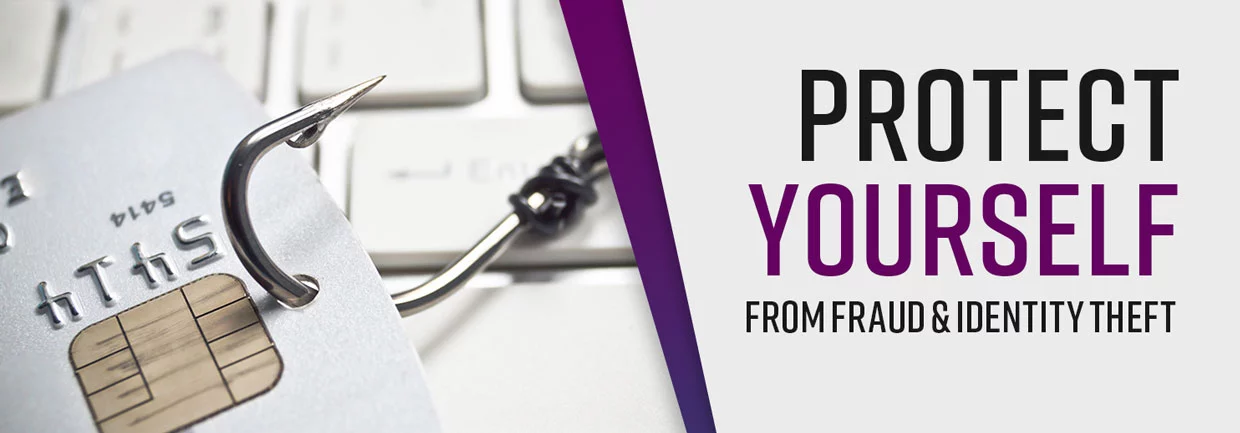
Be Aware of These Scams
Changing times have increased opportunities for scammers, hackers, robocallers and other bad actors to try to con us out of our money. With millions of people filing their taxes, awaiting stimulus checks, and moving towards digital payments – fraudsters are using the internet, telephone calls and texts in their attempts to obtain money or data.
If you suspect you’re a victim of fraud or attempted fraud, act fast. Call us to report it: 408-282-0700 or 800-282-6212.
Scam Warning Signs
- Don’t trust caller ID: scammers can manipulate Caller ID to make it look like they’re calling from anywhere, even from County Federal.
- County Federal will never email and ask you to verify your account information, such as your name, account number or password.
- Only scammers will demand that you pay by gift card, cryptocurrency, money transfer, or cash.
Things to Remember
- If you’re ever in doubt, hang up and call County Federal using the phone number on our official website: sccfcu.org
- It only takes a few seconds to navigate to sccfcu.org, sign into your account, change your password and view your activity
The Best Defense is to say “No” when:
- Something doesn’t feel right to you, trust your gut and say no if it sounds too good to be true.
- Someone you don’t know asks you to pay in a way that makes it hard for you to get your money back — by wiring money, putting money on a gift card, prepaid card or cash reload card, or using a money transfer app like Venmo or Zelle.
- Anyone contacts you asking for any other personally identifiable information by phone, in person, by text message, or email. Scammers may use partial information to make you feel more comfortable to trick you into providing missing data.
- Social Security number
- Bank account number
- Credit card information
- Medicare ID number
- Driver’s license number
- Someone you don’t know sends you or gives you a check and promises you a portion. They ask you to deposit the check and send or give a portion of the money back immediately or in the form of gift cards.
- You receive an email stating that there has been fraudulent activity on your account or that threatens to close your account if you don’t take immediate action. It asks you to login to your account and change your password or verify any account information. Don’t click on any links in this email, even if it looks official.
- Someone calls you and asks you to say or text a code being sent to your phone or email. The code they’re asking for is known as a 2-factor authentication code. It’s used as an additional measure to verify your identity. These codes should NEVER be spoken or texted to anyone, so if someone asks you for it, do not comply.
Overpayment scams
Scammers pose as a buyer for an item you’re selling online and overpay you for the item. They then ask for a payment back to compensate for the overpayment in the form of cash, gift cards, or person to person payment apps. They may ask that the payment be made quickly in order to help them avoid extenuating circumstances.
Do not comply with odd reimbursement requests, especially if you’ve been overpaid for an item you’re selling online!
You SHOULD NOT be paying for a shipping agent, car wrap specialist, or computer equipment out of the check they send you. Make the buyer or company pay for those items and send you only what you are owed.
Phishing and Spoofing scams
Scammers pose as national and global authorities, including the Internal Revenue Service (IRS), or the Social Security Administration, and send phishing emails designed to trick recipients into downloading malware or clicking a link to provide personal or financial institution information.
Scammers are now able to manipulate your phone’s caller ID to pose as your credit union, bank, and even the IRS when they call. Don’t give out any information! Instead, hang up and call back at the customer service number that you looked up on an official website, and do not use the number they are calling from.
“Person in need” scams
Scammers may pose as a grandchild, relative or friend who claims to be ill, or stranded in another state or foreign country, or otherwise in trouble, and ask you to send money. They may ask you to send cash by mail or buy gift cards. These scammers often beg you to keep it a secret and act fast before you ask questions. Don’t send money unless you’ve confirmed this information is true by calling a family member, different friend or relative to confirm the caller’s story.
I'm unsure about using Zelle® to pay someone I don't know. What should I do?
If you don't know the person, or aren't sure you will get what you paid for (for example, items bought from an online bidding or sales site), you should not use Zelle® for these types of transactions.
These transactions are potentially high risk (just like sending cash to a person you don't know is high risk). Neither County Federal nor Zelle® offers a protection program for any authorized payments made with Zelle® – for example, if you do not receive the item you paid for or the item is not as described or as you expected.
Additional sources for Imposter Scams:
Federal Trade Commission (FTC) Imposter Scams
- You can help stop fraud and educate others by reporting scams:
- FTC Report Fraud
- Federal Bureau of Investigation (web-based complaints) Internet Crime Complaint Center
Contact Us:
If you suspect you’re a victim of fraud or attempted fraud, act fast. Call us to report it: 408-282-0700 or 800-282-6212.
We Offer Tools & Resources to Help Safeguard Our Members
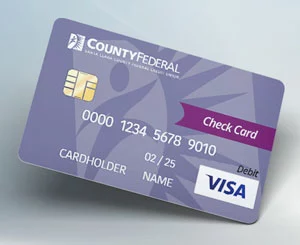
EMV Check Cards
County Federal is in the process of updating all members VISA Check Cards to the new EMV chip technology.
EMV Check Cards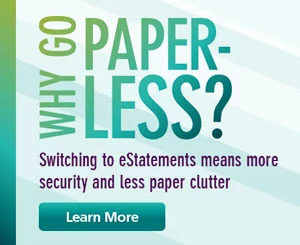
e-Statements
Access your statements when you need them. And you’ll get them quicker than if they were mailed. Statements are downloadable and stored for up to 24 months.
e-Statements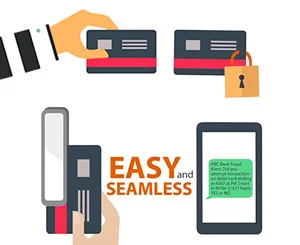
Interactive Fraud Alerts
SCCFCU text alert service will allow you to keep tabs on suspicious activity instantly.
Fraud Alerts
Blog: Be Aware of Mobile Check Deposit Fraud!
Mobile check deposit has fast become one the most convenient ways to deposit a check. But we also want you to be well informed about the potential for fraud with mobile check deposit.
Mobile Check Deposit Fraud
Blog: Data Breach
Information
The number of consumers possibly affected by these data breaches can vary greatly depending on the size of the business and the types of services or products they offer.
Data Breach Information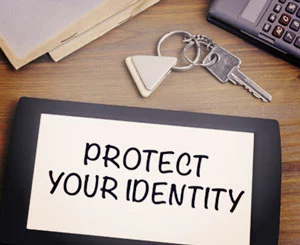
Blog: What To Do If Your Identity is Stolen
If you become a victim of a data breach, follow these steps to protect your identity and personal information.
Identity Theft Tips





